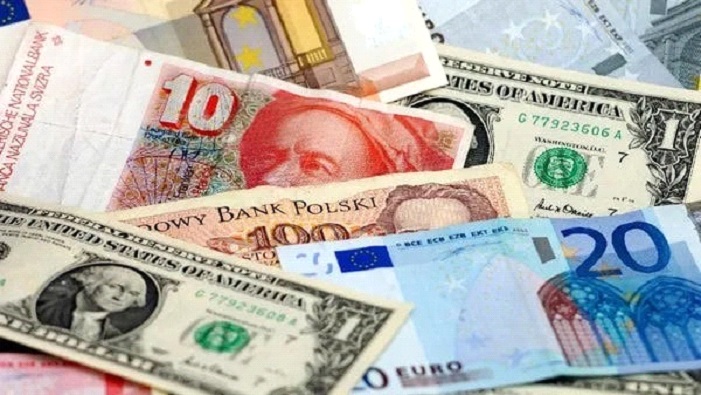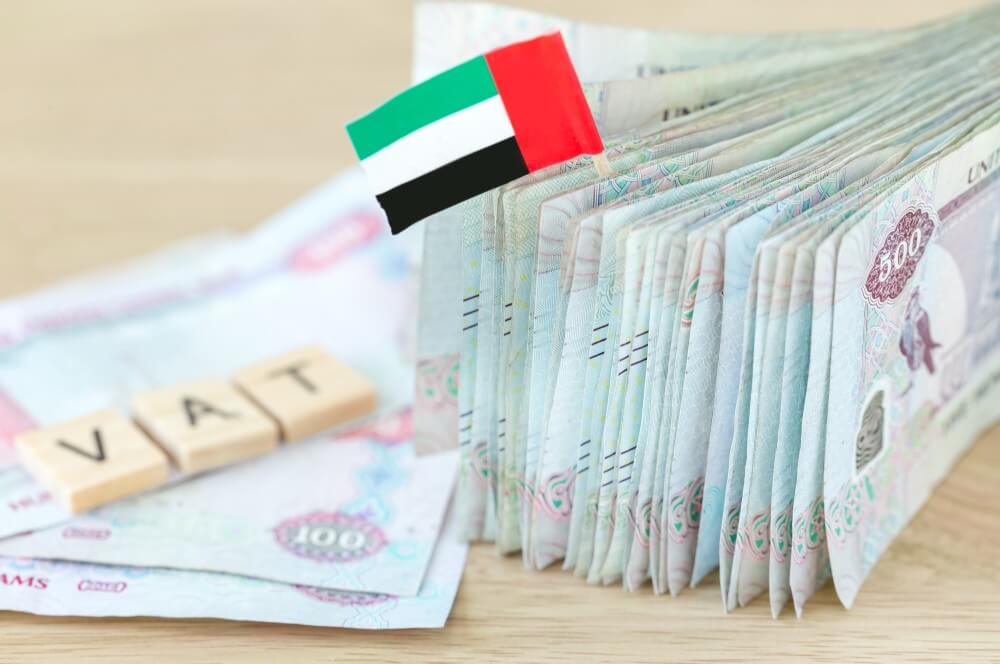Exchange Rates Explained: A Comprehensive Guide
The rate at which one currency can be exchanged for another across nations or economic zones is referred to as the exchange rate. It evaluates the relative value of different currencies and is crucial for determining the dynamics of capital flow and trade.

Comprehension of Exchange Rates
Exchange rates are the terms used to quantify the cost at which the currency of one country or economic zone can be converted into another currency. Two variables have an effect on the rates:
- The value in domestic currency
- The valuation of a foreign currency
Furthermore, the rates may be communicated in an indirect or direct manner, or through the utilisation of cross-rates.
Comparing Indirect and Direct Quotation
When quoting exchange rates explicitly, the cost of one foreign currency unit is expressed in relation to the quantity of domestic currency units being exchanged. The process of expressing the value of a domestic currency in relation to the quantity of foreign currency units being exchanged constitutes an indirect quotation of exchange rates. Cross rates involve the use of multiple foreign currency exchange in UAE rates to indicate a domestic exchange rate for the purpose of citing exchange rates.
The Importance of Exchange Rates
Exchange rates reflect a multitude of economic variables and factors and are subject to fluctuation for a variety of reasons. There are several factors that contribute to fluctuations in exchange rates.
- Rates of Interest
Interest rate fluctuations affect the value of currencies and exchange rates. A higher interest rate in a domestic country will increase the demand for that currency, assuming all other factors remain constant, because a greater number of foreign investors will attempt to invest at the increased rate of interest, thus converting foreign capital into domestic currency. In practice, however, this is counterbalanced by inflationary pressures.
- Inflation Rates
Currency values and exchange rates are influenced by fluctuations in inflation rates. Assuming all other factors remain constant, an increase in inflation within a nation's borders will lead to a reduction in demand for its currency, as its value depreciates at a relatively quicker rate than that of other foreign currencies.

- Debt of Government
The government debt of the United States is the total quantity of debt owed. It influences exchange rates and currency value because a nation with a greater debt burden is less likely to attract foreign capital, which causes inflation. It reduces the value of the domestic currency in the eyes of commission free currency exchange.
- The Maintenance of Political Stability
The currency exchange in UAE are impacted by its political climate, as a nation afflicted with greater political unrest is less inclined to appeal to foreign investors. Political instability increases investor risk because they cannot be certain whether their investments will be safeguarded by robust legal protections or equitable market practices.
- Import or Export Operations
Net imports or exports of a nation influence currency value and exchange rates. When a nation's exports surpass its imports, there will be greater demand for its currency, which will result in an appreciation of its commission free currency exchange in comparison to other foreign currencies.
- Recession
A nation undergoing a recession is perceived as less appealing to international investors. This is primarily because investing in an economy with a bleak economic outlook entails a greater degree of risk. Secondly, interest rates tend to decline during recessions, resulting in a reduction in the demand for domestic currency from foreign investors.
- Speculation
Investors will increase their demand for a country's currency in anticipation of a growth, driven by any factor, in order to generate a profit predicated on that anticipation. Immediate increases in demand for indigenous currency in comparison to foreign currencies may result. The rate at which one currency is changed for another is referred to as the exchange rate. Certain exchange rates are anchored or fixed to the value of a particular country's currency, whereas the majority of exchange rates are floating and fluctuate in response to market demand and supply. Fluctuations in commission free currency exchange have an impact on businesses, as they influence the demand for and cost of supplies for their products in the global marketplace.
Guide to Currency Exchange in the UAE
Tags: Foreign Exchange Services UAE, Currency Converter UAE, Money Exchange Centers UAE, Forex Rates in UAE, UAE Travel Currency, Safe Currency Exchange UAE, International Money Transfer UAE, Currency Trading UAE, Reliable Forex Providers UAE
